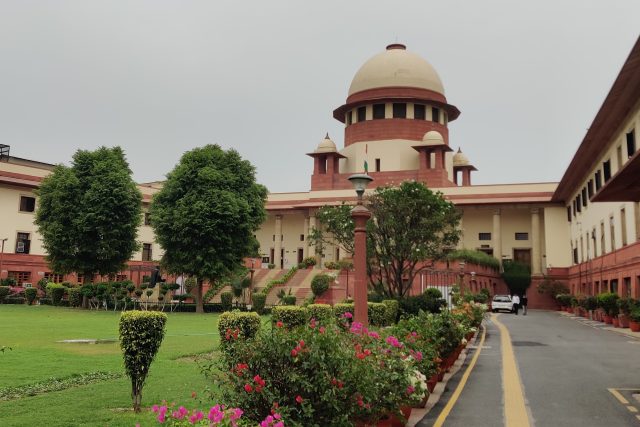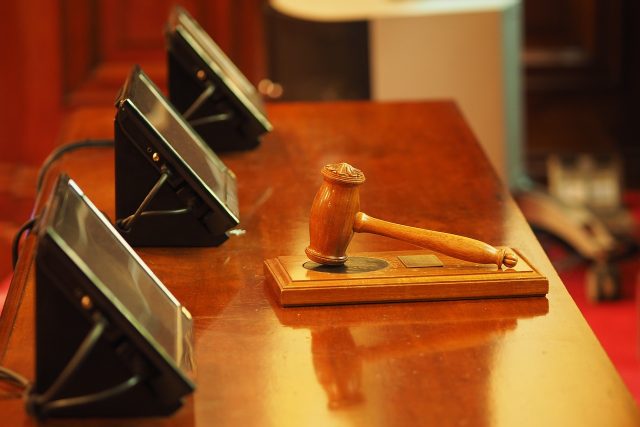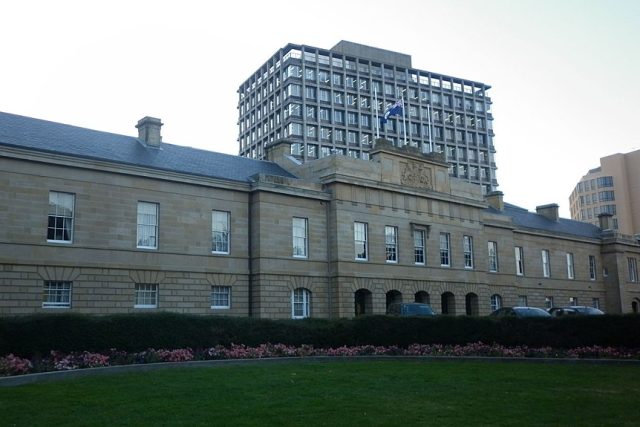In a decision with a two-to-one split verdict on Thursday, the India Supreme Court suspended the conviction of Afjal Ansari, a member of India’s Parliament from the Bahujan Samaj Party (BSP), in a case filed under the Uttar Pradesh Gangster Act, 2007. While the decision paves the way for Ansari’s potential restoration to the Lok Sabha, it also raises questions over the role of the justice system in safeguarding the rights of the accused, particularly when those individuals hold elected positions.In 2007, a trial court convicted Ansari under the act for his alleged involvement in the November 2005 murder of Krishnanand Rai, a member of the Legislative Assembly from the ruling Bharatiya Janata Party (BJP). Ansari was also accused of assisting in the kidnapping and murder of Vishva Hindu Parishad leader Nand Kishore Rungta in January 1997. Ultimately, the court sentenced Ansari to life imprisonment. The conviction led to his disqualification as an MP earlier this year, in May. Ansari challenged the conviction in the Allahabad High Court, which upheld the lower court’s verdict and sentenced him to four years in prison. He then appealed to the Supreme Court.The Supreme Court, in a two-to-one majority judgment, suspended Ansari’s conviction. Justices Uday Umesh Lalit and S. Ravindra Bhat held that staying a conviction should be considered only in “exceptional circumstances,” particularly when allowing the conviction to stand could cause irreparable damage and the accused cannot be compensated later, if acquitted. They further noted that Ansari faced only one conviction out of seven first information reports (FIRs) filed against him and that the lower courts’ orders lacked cogent evidence to establish his involvement in organized crime.Justice D.Y. Chandrachud, however, dissented. He argued that the impact on public confidence and the electoral process should be considered when suspending convictions and that Ansari’s reinstatement could send the wrong message.The Supreme Court’s decision bears considerable legal and political implications. The court’s ruling opens the possibility for Ansari to pursue the restoration of his Lok Sabha membership—albeit with restrictions on voting, participation in proceedings and entitlement to perks pending the High Court’s decision on his appeal, which has yet to be completely disposed of. The High Court has until June 30, 2024 to dispose of the case. The majority opinion also establishes a precedent that factors in exceptional circumstances when issuing stays on convictions, which could potentially influence the outcomes of future cases.The court’s decision ignited a political discourse surrounding the delicate equilibrium between upholding convictions and safeguarding the rights of accused individuals, particularly those holding elected positions. While the verdict allows Ansari a chance to clear his name, it also highlights the need for a nuanced approach to such cases, ensuring both due process and public trust in the justice system.




The Most Read
Сryptocurrencies
Bitcoin and Altcoins Trading Near Make-or-Break Levels
Financial crimes
Thieves targeted crypto execs and threatened their families in wide-ranging scheme
Financial crimes
Visa Warning: Hackers Ramp Up Card Stealing Attacks At Gas Stations
News
Capitalism is having an identity crisis – but it is still the best system
Uncategorized
The 73-year-old Vietnamese refugee is responsible for bringing Sriracha to American consumers
Uncategorized
Electric Truckmaker Rivian, Backed By Amazon, Ford, Raises Whopping $1.3 Billion